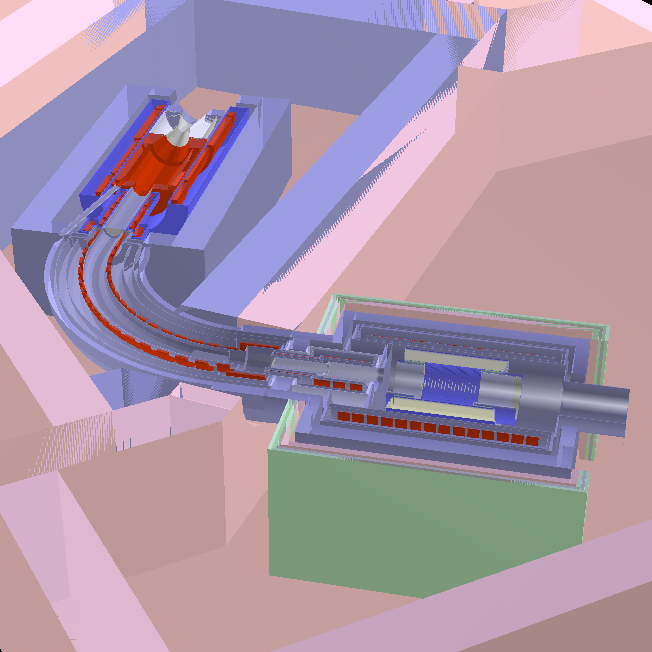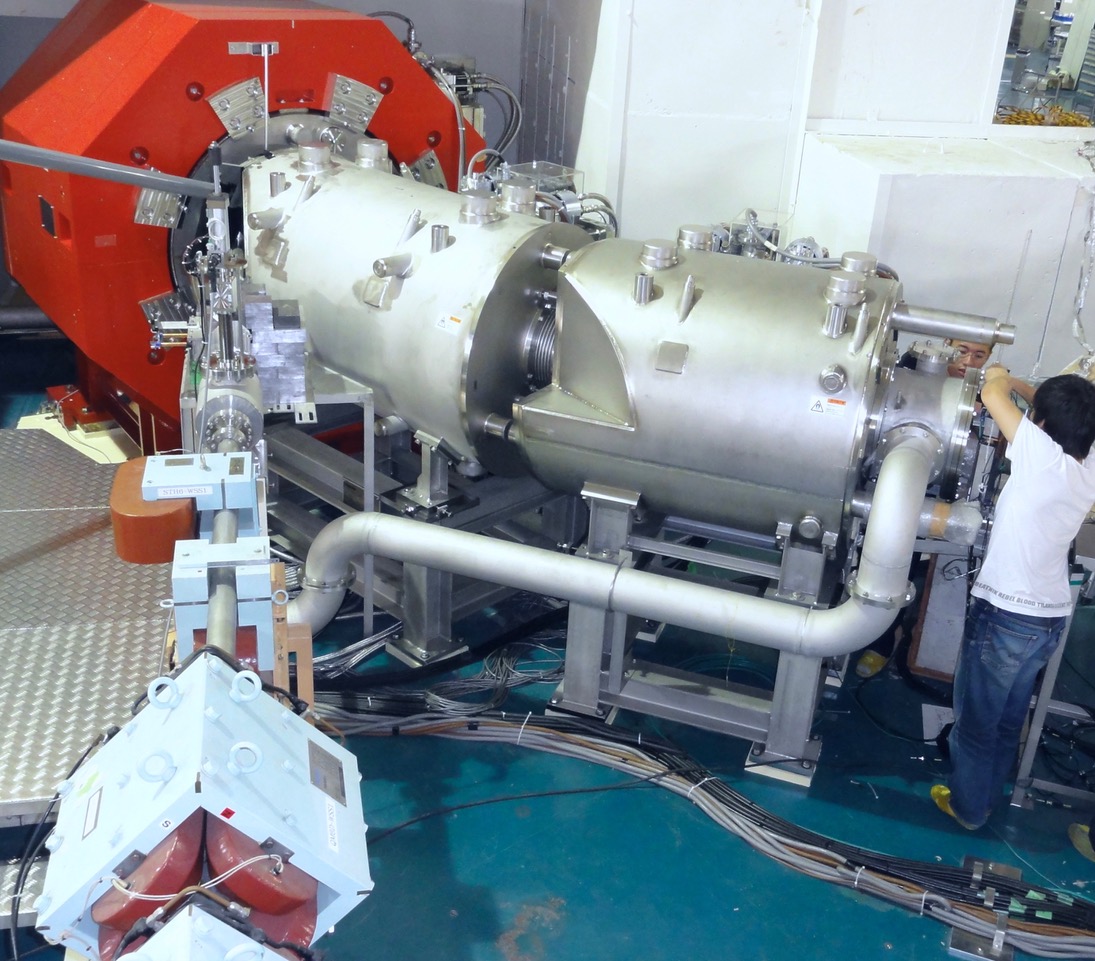We, the humanity, have been asking fundamental questions regarding our existence, some of which are: Where did we come from? Where are we going?. Science has accepted the challenge to answer these questions and in particular, particle physics has been at the forefront in the past century.
Experimental particle physics is a subcategory of particle physics that conducts experiments to find the answers to the fundamental questions of humanity. We may experimentally prove new theories of the fundamental law of nature, may deny theories, as well as discover totally new phenomena, which nobody could think of in advance.
Let us consider a particle known as "muon". Muon is a second-generation elemental particle with an electric charge same to that of an electron. It was unexpectedly discovered in 1936 while nobody expected it. A famous Nobel laureate physicist, Prof. I.I. Rabi, even mentioned, "Who ordered that?" The discovery of muon was an exciting event. It drastically changed our understanding of nature, and moved us toward answering the fundamental questions.
Muons are well-known today because several muons pass through your body within a second; however, it is still very significant at the forefront of experimental particle physics. A reaction in which a muon converts into an electron in a nuclear field without any involvements of neutrinos is known as muon-electron conversion. This process is heavily suppressed in the standard model of particle physics, but is expected to occur through some phenomenon beyond the standard model on very rare instances (one or less in every quadrillion(1015) muon).
COMET, the experimental project Aoki group is conducting aims to search for the muon-electron conversion with a sensitivity of approximately one in every quadrillion muon in Phase-I. The idea of COMET is really fascinating, and the sensitivity can be improved by two orders of magnitude in Phase-II. We are also performing a small-scale experiment, DeeMe, to obtain physical results in a timely manner.
A good experiment requires good equipment that one cannot simply purchase off the shelf. We are conducting experiments for the development of advanced experimental techniques such as state-of-art radiation detectors, high-performance information technologies, and production of unique particle beams. For example, we are utilizing a high-efficiency muon beam line, MuSIC at RCNP.
History informs us that novel ideas sometimes break through impediments for the progress of science and boost it. We keep moving forward to solve fundamental questions of humanity.

3D model of COMET Phase-I experiment

DeeMe experiment.

A photo of MuSIC beamline.







